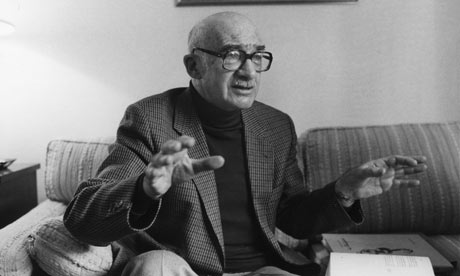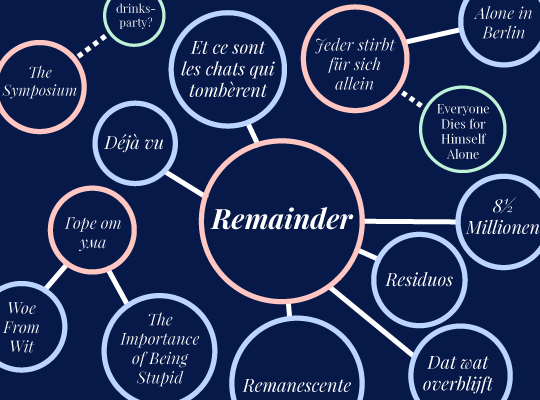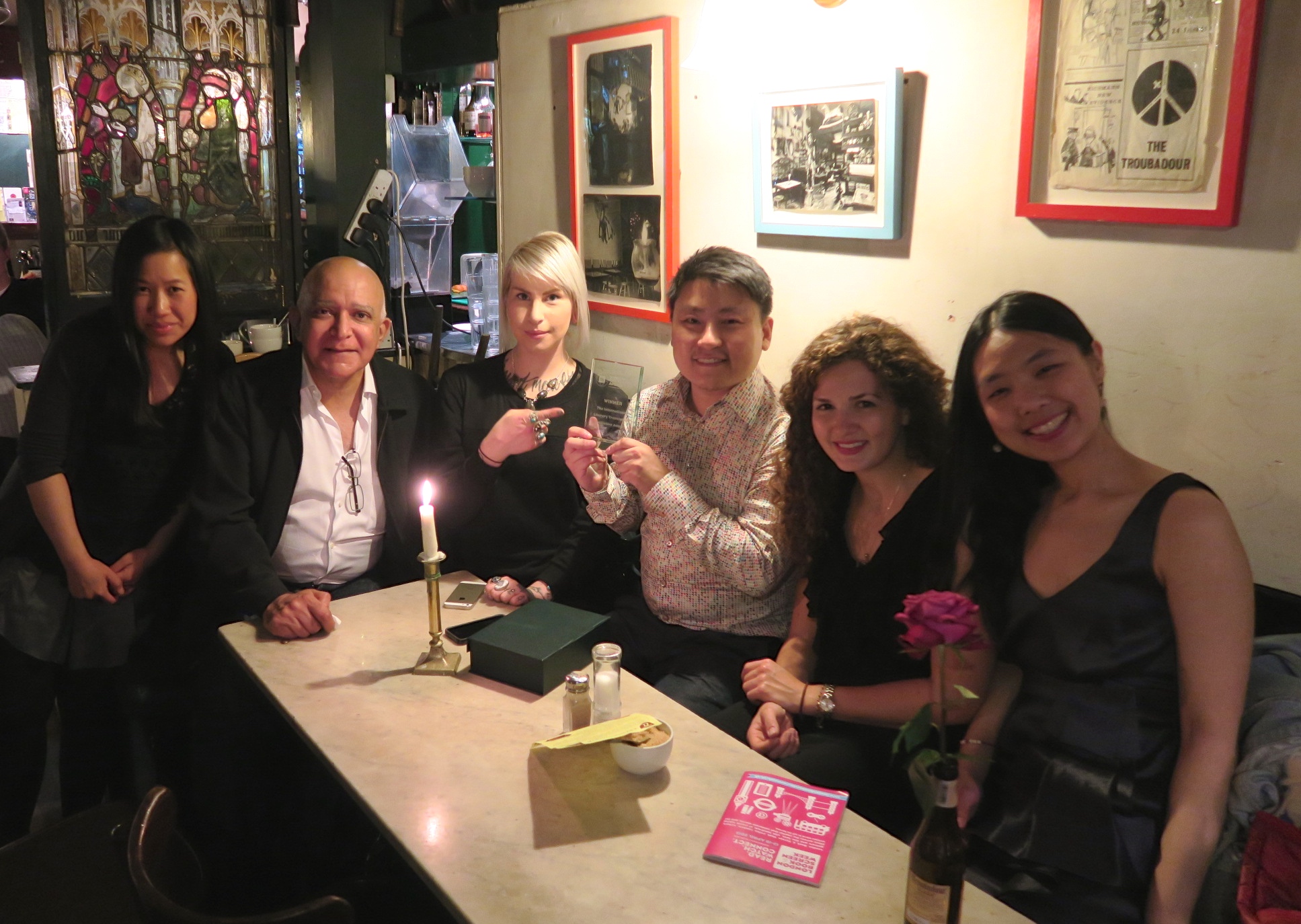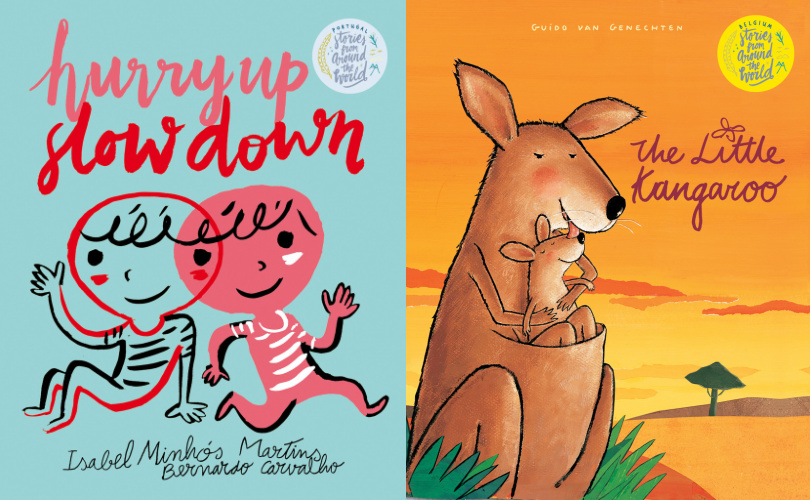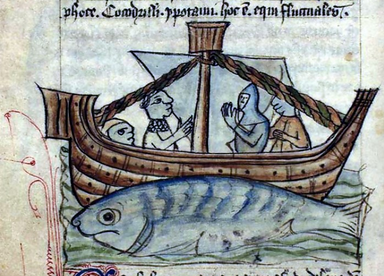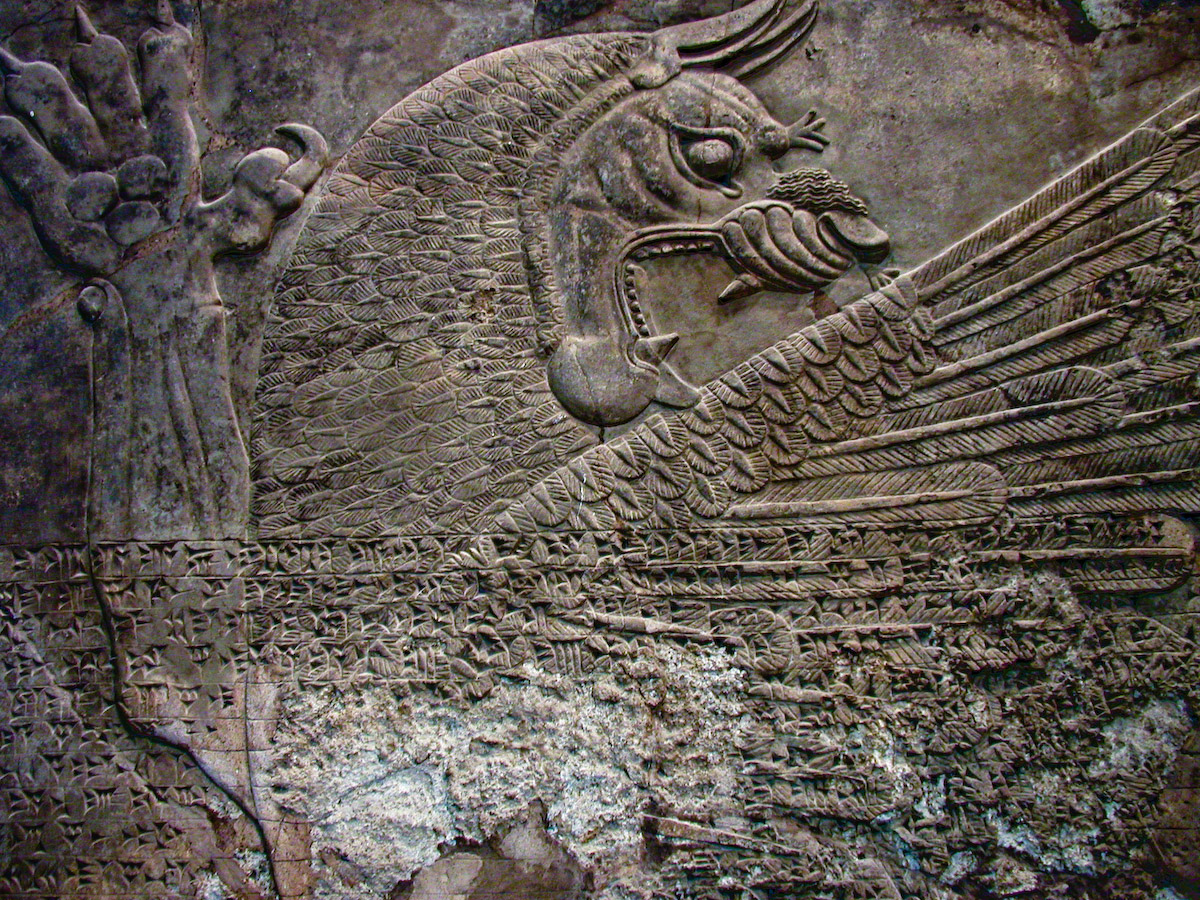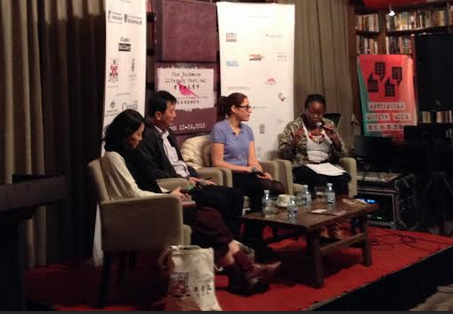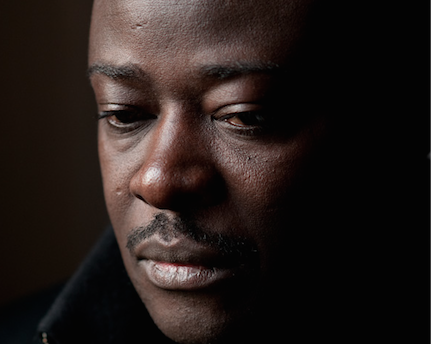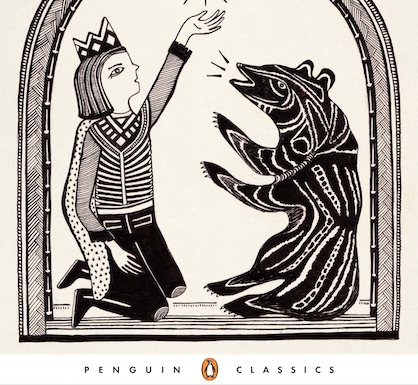Happy Friday, Asymptote readers! We say this every week, but perhaps some new vocabulary might spice up your reading experience. We can certainly say that for short stories—steer clear from these overused titles (I’ve certainly read at least five pieces titled “Hunger”).
So many of us battle with the canon—or struggle against it. At the Millions, a piece about reading (and not-exactly re-reading) Russian behemoth’s epic literary tome, War and Peace (wonder what translation she was using?). In present tense, Joseph Brodsky is still making waves: here’s a look at his bestselling biography. And finally, if contemporary Russian literature’s more your thing, be sure to check out this bloggin’ run-down of recent Russian book prizes. READ MORE…


